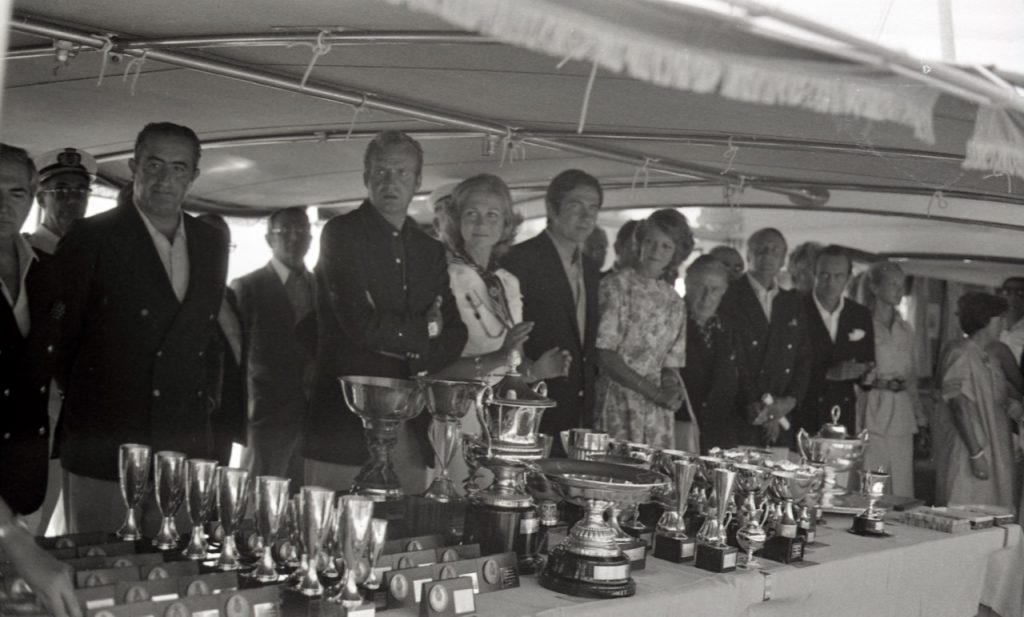
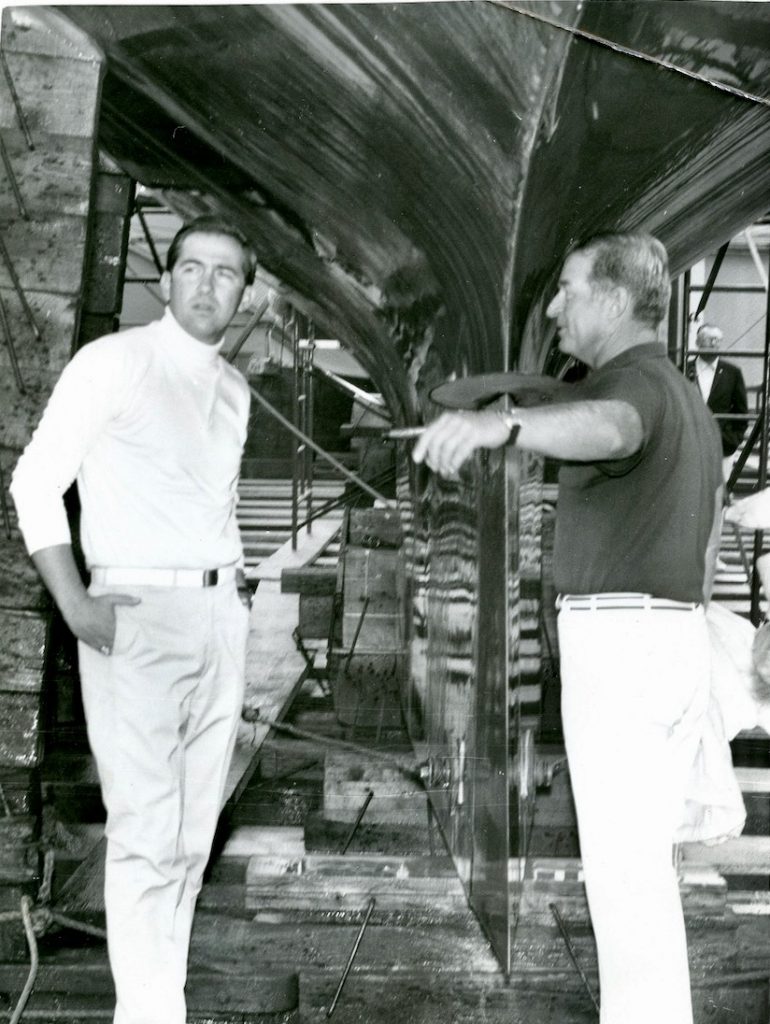
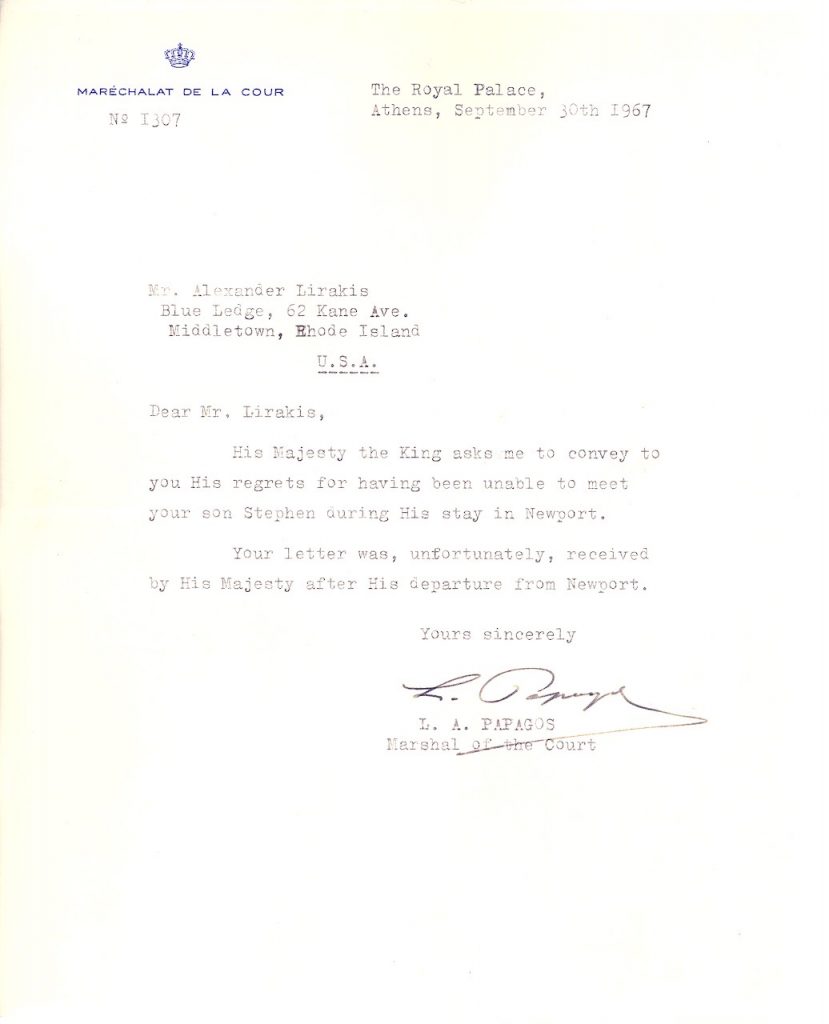
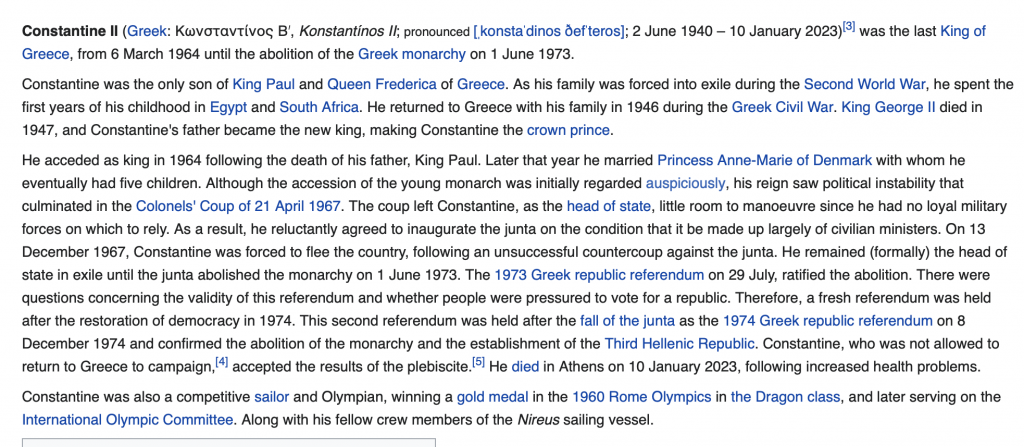
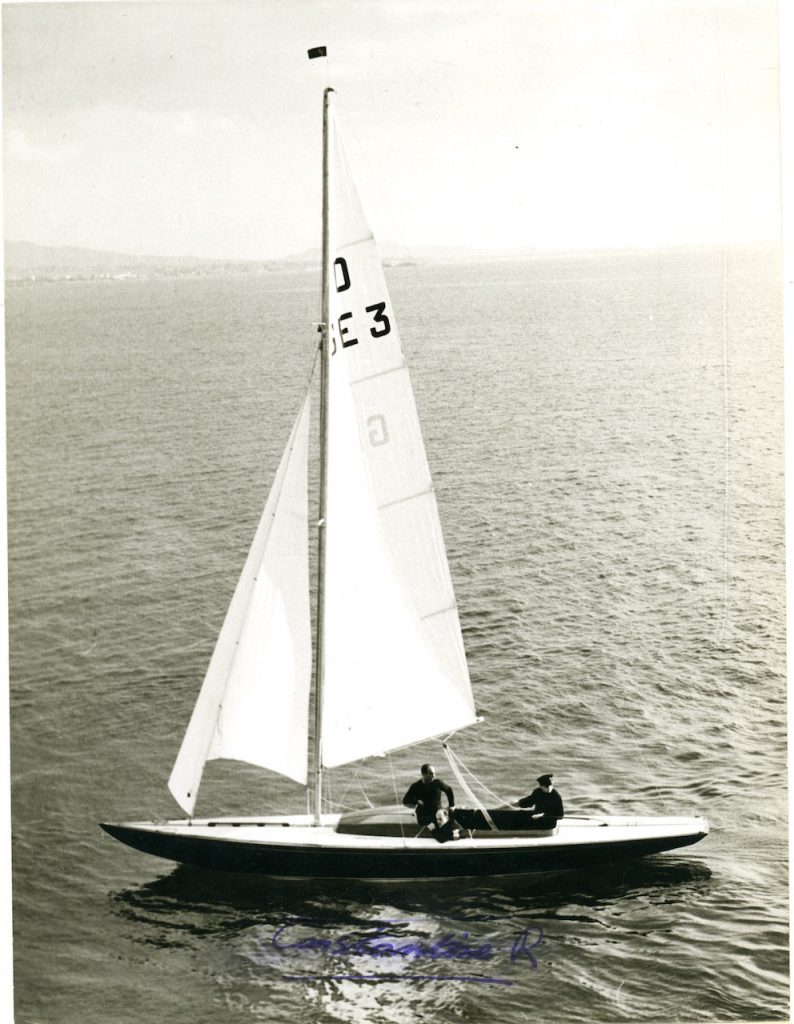





|
Olympic History: The First Olympic Games for Sailing While Sailing was among the sports at the first modern Olympic Games in 1896, high winds cancelled the competition. So it was then four years, at the 1900 Paris Games, when Sailing’s 112-year Olympic history began. Beginning May 20, 6 of the 8 sailing events were held on the River Seine at Meulan, a small town 20 km away from Paris. The other two events were held off the coast of Le Havre on August 1-5. The International Yacht Racing Union (IYRU), the international governing body which would later become International Sailing Federation (ISAF) and now World Sailing, wouldn’t exist for another six years. This meant there was no one established international rule book for sailing so the 150 competitors from six nations would have followed their local rules – which must have led to some confusion on the water. It also meant that the boats were not standardized like they are today and were instead placed in different ‘Ton’ categories according to the Godinet rule which considered displacement, length, and total sail area. The events in 1900 were: 0 – ½ Ton, ½ – 1 Ton, 1 – 2 Ton, 2 – 3 Ton, 3 – 10 Ton, 10 – 20 Ton, 20+ Ton and an Open Class. Despite the lack of structure and less than ideal wind conditions, the competition would be a relative success. The French were the big winners, dominating with 24 of the 39 available medals. Yes, 39 medals, as each race had a medal and not just the overall ranking. Also, the French had the home field advantage as nations weren’t limited to one team per event. Yes, some may say it was the good old days. However, despite the home-nation gold-rush, it was a Swiss sailor who captured the public attention. Hélène de Pourtalès, one of the crew of the winning 1 – 2 Ton class, made history when she became the first ever female Gold medalist of the modern Olympic Games. |
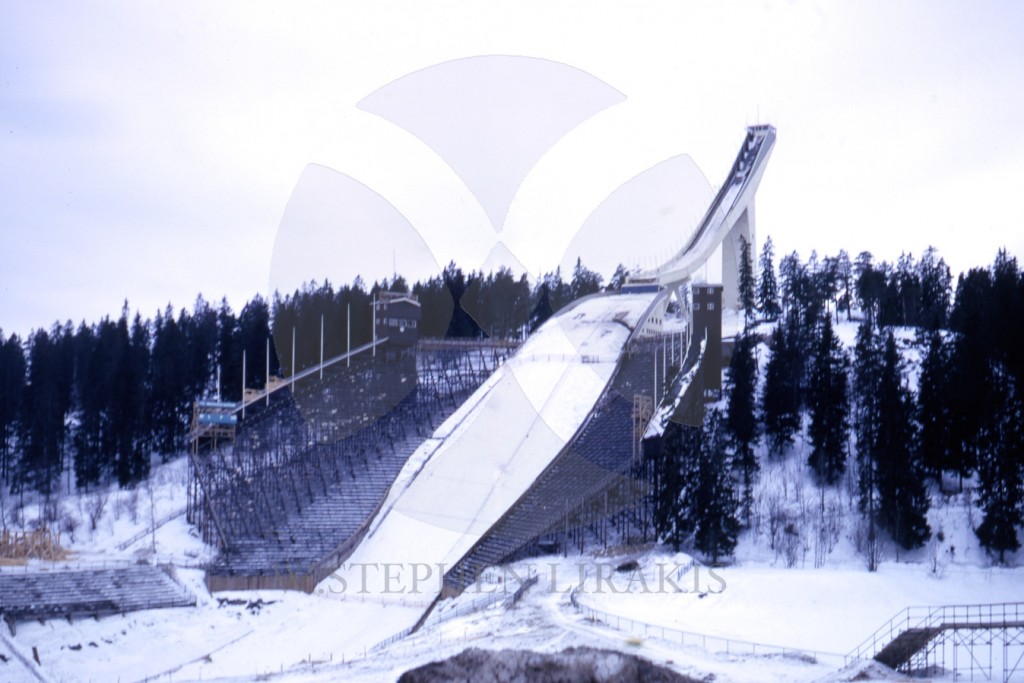


My favorite television, the Olympics. A winner take all game. The Holmenkollen is one of the oldest and once upon a time the biggest jump anywhere. Today it is just another jump in terms of size but to win there is still a grand reward.
Tomorrow morning the US hockey team plays Russia, and the alumni hockey game at St. George’s School will be played.
It is after labor day, the unofficial end of summer, and the beginning of school, or at least it used to be. The Olympics took place this summer and the America’s Cup is heating up. There is no shortage of Olympic sailors in the America’s Cup.
If you are a sailor and an American, you were stunned to see that the US did not medal in a single class, not even in the hunt.
ISAF, the governing body of sailing is so politically charged, it is often hard to understand if the right thing happens or could happen.
If the Olympics wanted to truly limit costs and open the possibility of more good sailors; there is a solution: model the sailing after college sailing. The host country would select a boat, doesn’t matter which. They would build a fleet which could be sold at the end of the event.
The sailors would race against each other in these boats, rotating after every race. This is level racing, with little room for anything else.
The America’s Cup is a development event. It is intended to foster faster sailing boats. The Event in 1851 was conceived to showcase naval architecture.
I am one of the coaches for the NZ men’s 49er and the women’s 470 teams and have for the past 15 years also been working in the US sailing system with the top juniors.
Having brought 9 of the 12 NZ team members thru from Optis to the Olympic team and having won 17 world titles and over 60 NZ titles. (Plus numerous US national titles) I feel I can accurately give a comparison of the two systems. Here are my thoughts:
Obviously the present management and coaches need to go, and those who appointed them need to have a long hard look at themselves in the mirror.
I have a great fondness for the US sailing scene and have had many great experiences over the years, but since I have been in this system, the numbers of sailors have dropped, the coach numbers have increased and the results have declined. Sad.
John Morgan
Morgan Yacht Design

Bomani Jones is a contributor at SBNation.com, where he writes and stars in a YouTube show called “Bomani & Jones.” He’s also a regular contributor to ESPN’s “Around The Horn.” He is on Twitter.
UPDATED AUGUST 10, 2012, 7:05 AM
After seeing the majestic diversity of the Olympics’ Parade of Nations, a visual representation of the best of the Olympic ideal, the last thing I want to watch is a sport where the biggest determinant of success is being rich. I could ask for many sports to be removed on this basis, but I’ll go with sailing because … well, who wants to watch boats that don’t make lots of noise?
O.K., I can do better — what does sailing embody that anyone loves, specifically, about the Olympics? Where is the simplicity of the event that gives the impression that anyone could participate?
You need to be of a certain class with special access to sail. In an event that celebrates inclusion, it is the most exclusive.
Even with sports like swimming and rowing, which cost too much for many, anyone could, theoretically, participate. There’s nothing stopping someone from doing backflips and the other staples of gymnastics.
Sailing? The name of the game is access. The touching human interest stories that buoy NBC’s ratings for the Olympics are somewhere between rare and nonexistent. It’s clearly an activity for a particular class stratus and, given how overwhelmingly white the Olympic participants are, it’s clearly not the world’s game.
If the Olympics is going to wrap itself in touchy-feely stories, it’s hard to get behind sports that are so obviously exclusive. If the Games are supposed to bring the world together, we can do without sports that do the opposite.
We revisit this subject frequently, but after the performance of the American sailors, who are very good, by the way, but were clearly out classed.Not even close to medal contention. Anyone who followed the team leading up to the Olympics would have seen that the team never won any major events. They were never really in contention in the previous three years.
Fingers must be pointed; but in which direction? Was their preparation so far askew? Is US Sailing the governing body in the United States missing the mark? Are the coaches so bad? What to do?
I love watching the Olympics. Ben Anslie is probably the best know name in sailing. He will be in San Francisco four days after he finishes in Weymouth; sailing for Oracle. So much for national pride.
For most of you the idea of sponsorship is an everyday thought. For me, the tiny reference about his coach sailing when there was no sponsorship and you had to make your way on your own resonates. I had qualified, but the idea of asking other people for help so I could go sailing was more than I dared to do. I could not afford to persue that path and had to move on. It is a different world. When I sailed in the America’s Cup it was amateur as well. As one friend said to me:” we were lucky to get a T shirt or a belt.”
The rule 69 hearing which has resulted in Ben Anslie having been disqualified form two races in the Olympic regatta in Perth, may just be the pivotal moment in Ben’s life. See photos HERE.
The fact that rule 69 even exists is a sad statement about us. It is regrettably necessary. I again am aware of other similar stories. I have had my course impeded by a photographer’s boat, who justified his actions as the freedom to take pictures. This past September I was driving a boat for the film crew for Rolex, for a major regatta; where I positioned the boat as close to those racing as I could. I would like to think I never made them feel that the racers might need to alter course because of our boat.